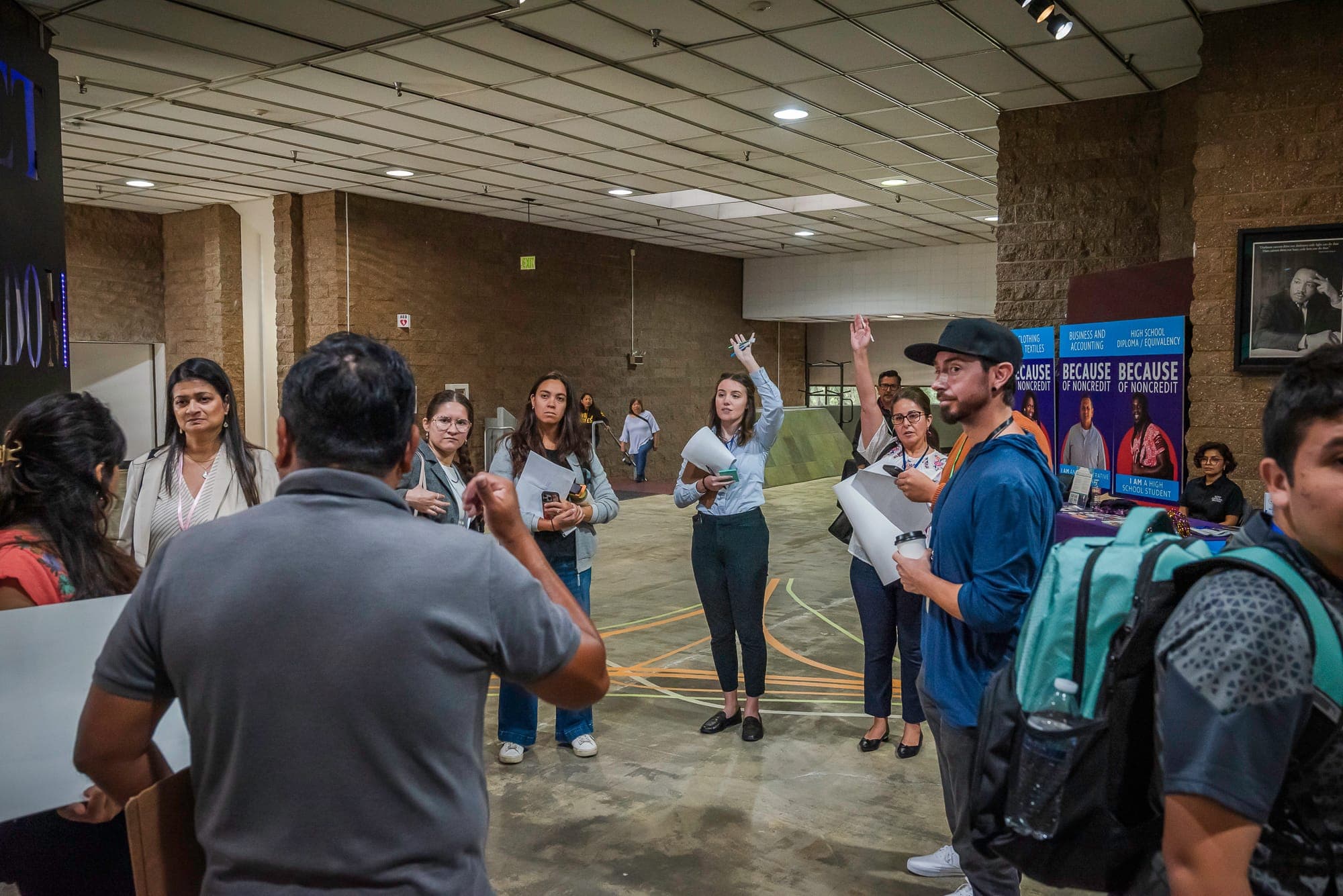
News
By Administrator, November 12, 2012

The former Michigan Bell and Western Electric Warehouse in Detroit is being renovated with the help of federal and state historic tax credits, federal brownfields tax credits and a 10-year tax abatement from the City of Detroit. Photo copyright by Michael G. Smith. Used with permission.
New legislation moving through the Michigan State Senate could make it easier for developers to clean up and rebuild on brownfields in the state.
Michigan’s Senate Bill 1210, an amendment to the state’s Brownfield Redevelopment Financing Act (Act 381), is likely to see significant changes this year. SB 1210 was introduced in July, and is expected to come before the House and Senate by the end of the year.
The new bill was written with help from a group of 10 municipal, state and business leaders convened by the Michigan Department of Environmental Quality. National Brownfields Coalition member Warner, Norcross & Judd, LLP was instrumental in the process, with help from John Byl, chair of the Michigan Chapter of the National Brownfield Association, and attorney Troy Cumings.
Act 381 and other tax increment financing (TIF) programs are designed to capture increased tax revenue from a project for a period of time and use that revenue to cover expenses related to the project. The increased tax revenue often makes the project financially viable, and there are no out of pocket costs for municipalities.
If enacted, SB 1210 would promote urban development throughout the state, reduce regulatory requirements, streamline the approval process. Here’s an overview of how:
- Eliminate the sunset provision. The current law is set to expire at the end of this year.
- Expand the definition of infrastructure to include privately owned or operated multi-level and underground parking structures and urban stormwater management systems. This will be particularly helpful to large urban projects.
- Streamline the process at the state and local levels. In particular:
- Eliminate the requirement for two public notices in a newspaper.
- Allow approval of both local and state TIF by a Local Unit of Government (LUG) for expenses incurred prior to the approval of the brownfield plan for preliminary assessment activities. Previously, only local TIF could be approved retroactively for this purpose. This should help deal with the timing of environmental due diligence for these transactions.
- Allow the Michigan Department of Environmental Quality (MDEQ) to retroactively approve state TIF for costs associated with unanticipated response activities, provided that the developer consults with the MDEQ prior to incurrence of the expenses. This would apply to items like tank removal and associated expenses upon discovery during excavation.
- Allow LUGs to approve local TIF for reimbursement of any eligible costs incurred prior to approval of a Brownfield Plan, whether environmental or non environmental expenses.
- Streamline the role of the Michigan Economic Growth Authority (MEGA). The proposed bill would allow MEGA to approve state TIF for reimbursement of any non-environmental costs occurred prior to Brownfield Plan approval. It would also allow the chair of MEGA to approve the state’s share of MEGA eligible activities up to $500,000. This eliminates the requirement to get approval from the MEGA board.
- Define and clarify developers’ responsibilities. The bill would require developers to report to the LUG every year the project receives TIF reimbursement about capital investment, housing unit construction, number of jobs created and other data. This new requirement would apply to all active projects, even those approved before enactment of the legislation.
- Capture funds for redevelopment programs. When a state TIF is approved for any new brownfield project, three mills of the state education tax would be captured to fund brownfield projects. This would continue for the duration of state TIF capture, up to 25 years. The new fund would:
- Provide grants and loans for TIF eligible activities for projects. This will provide a terrific financing tool to help fund TIF eligible activities up front.
- Use up to 15% for MEDC and MDEQ administrative expenses. The balance will be used by MEDC and MDEQ for eligible activities.
- Use funds that go to MDEQ in the grant and loan programs under Part 196.
- Clarify when the 30-year tax capture period begins and specify that LUG can terminate a plan if no activity has taken place and can restart a 30-year clock if no reimbursement has occurred, provided that the 30-year clock can start no later than 5 years after the date the property was added to a Brownfield Plan.
- Make historic resources eligible for Brownfield TIF. Currently, only contaminated, functionally obsolete and blighted properties are eligible.
- Clarify ad valorem property tax inclusion, regardless of when created. Some questions have been raised regarding new millages that take effect after the date of a Brownfield Plan. The amendments make it clear that all ad valorem property taxes that are levied are included in the TIF revenues, regardless of when those taxes were levied.
There is broad support for the amendments in both the Michigan legislature and the administration of Governor Rick Snyder. The changes proposed in Senate Bill 1210 would promote increased urban revitalization throughout Michigan, particularly in large, urban centers at a lesser financial risk for both developers and the State.
Read more:
Related News

© 2025 Smart Growth America. All rights reserved
Site By3Lane Marketing








